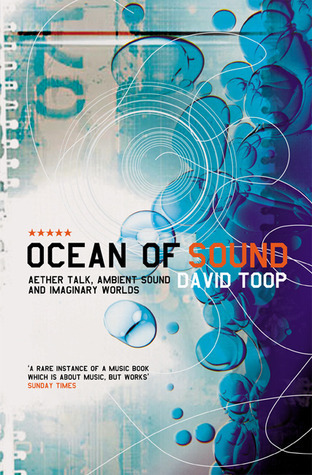What do you think?
Rate this book


320 pages, Paperback
First published January 1, 1995
What follows in this book is more a personal nomadic drift than a detached chronological history. This drift will trace a web of sources. In my biased opinion, compromised by first-hand involvement, these are the sources that have led to a musical environment which is, despite my reservations, a hydra of creative potential for now and the next century. There are other sources, but those are other books.